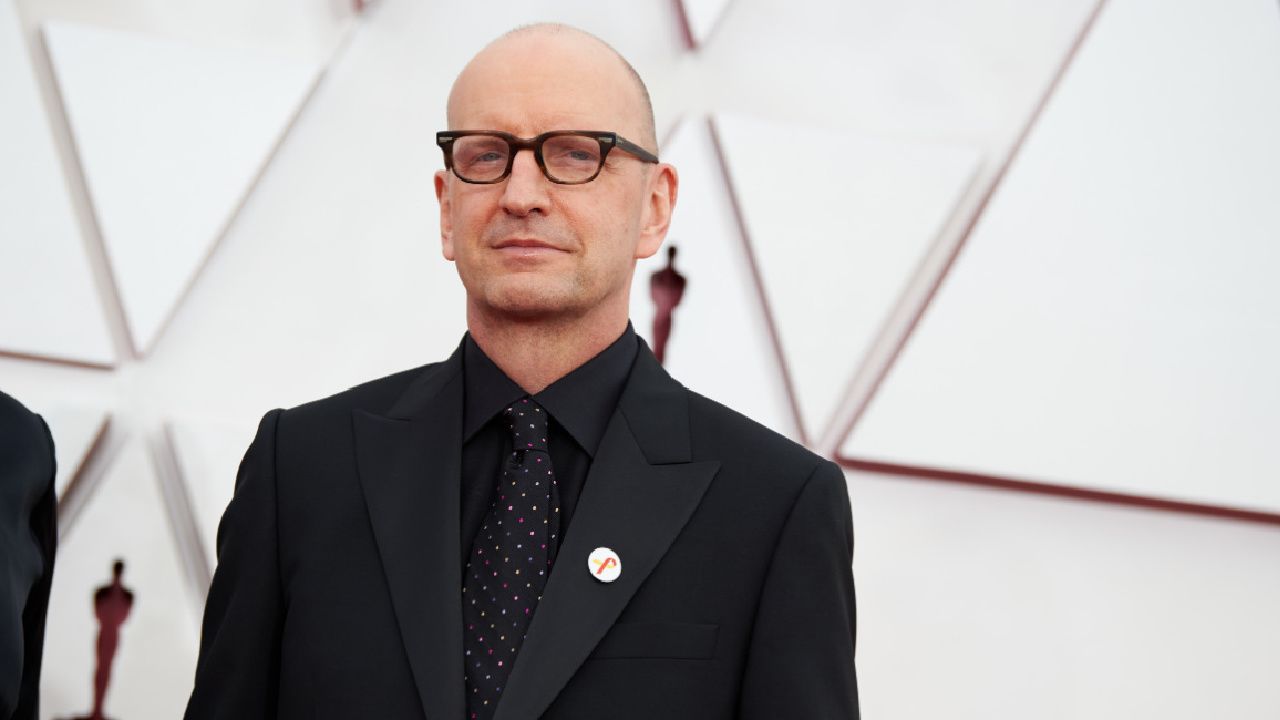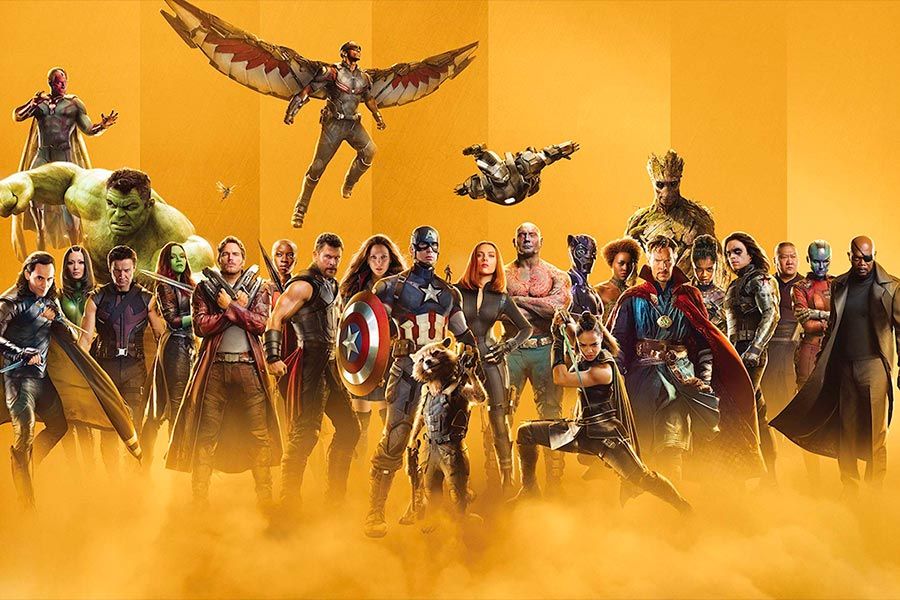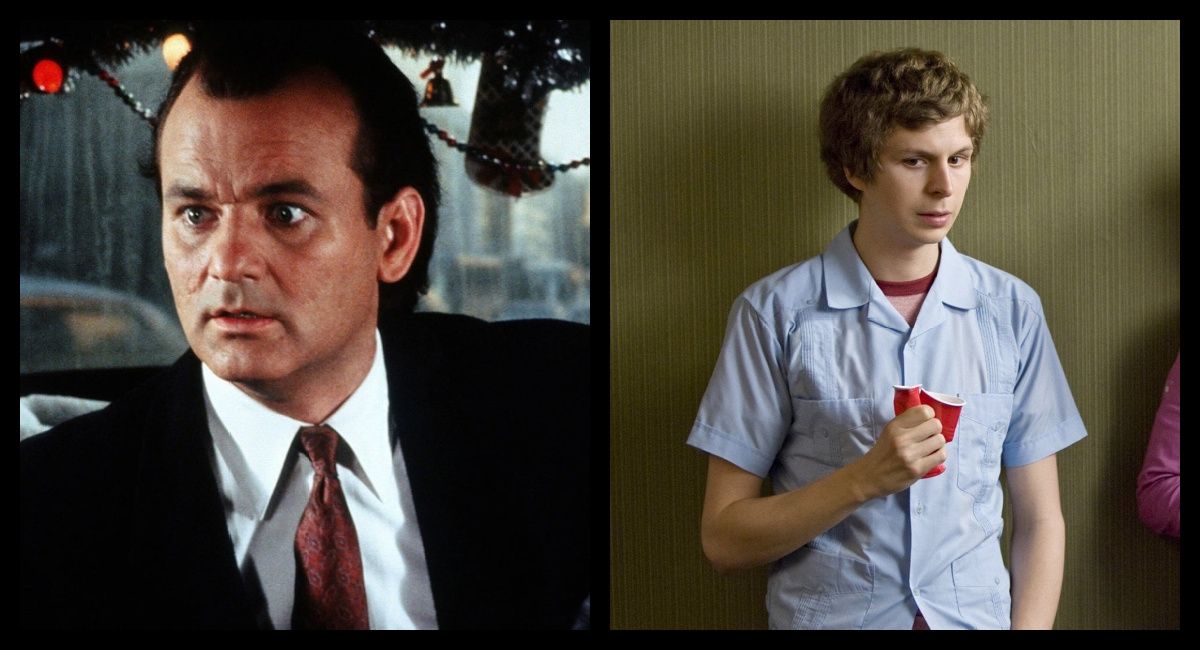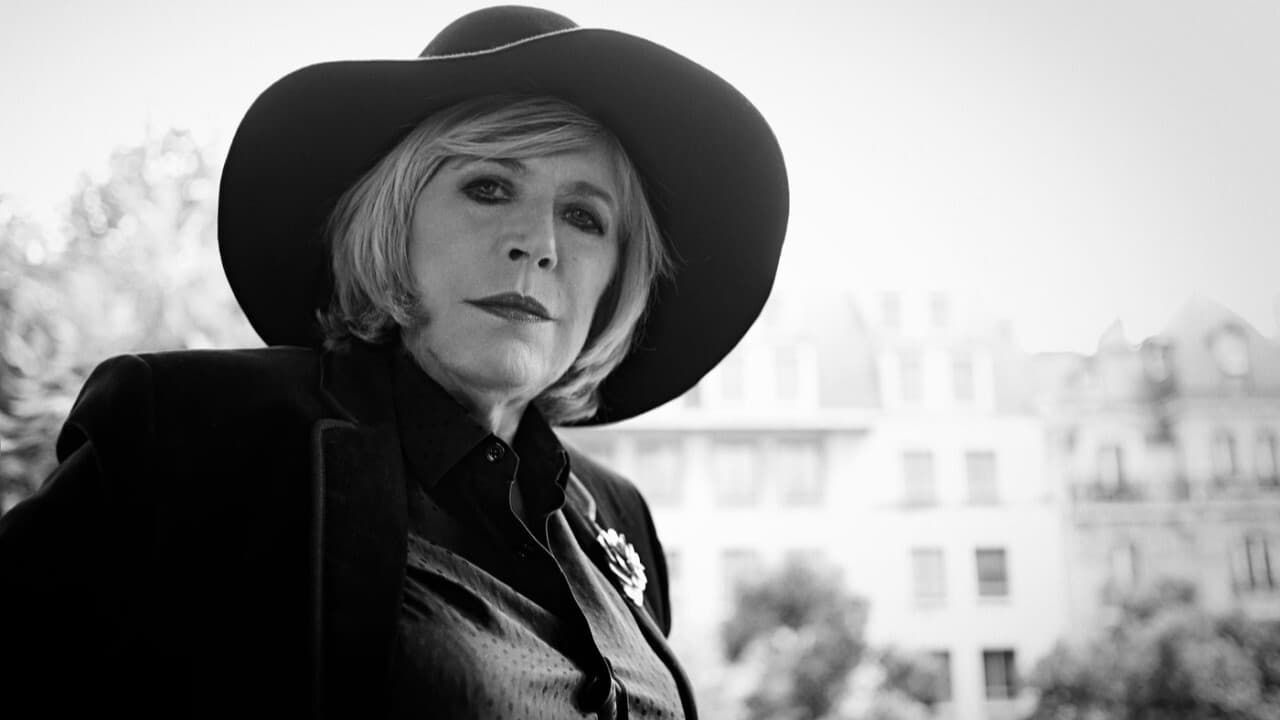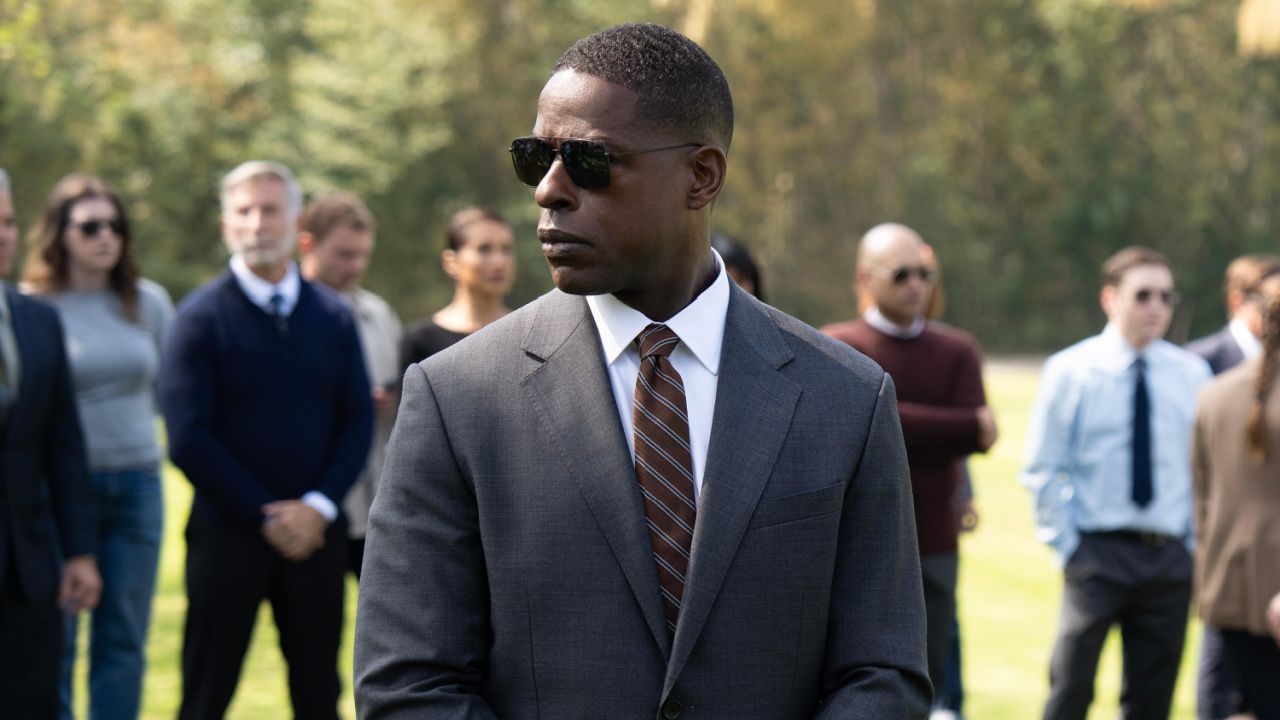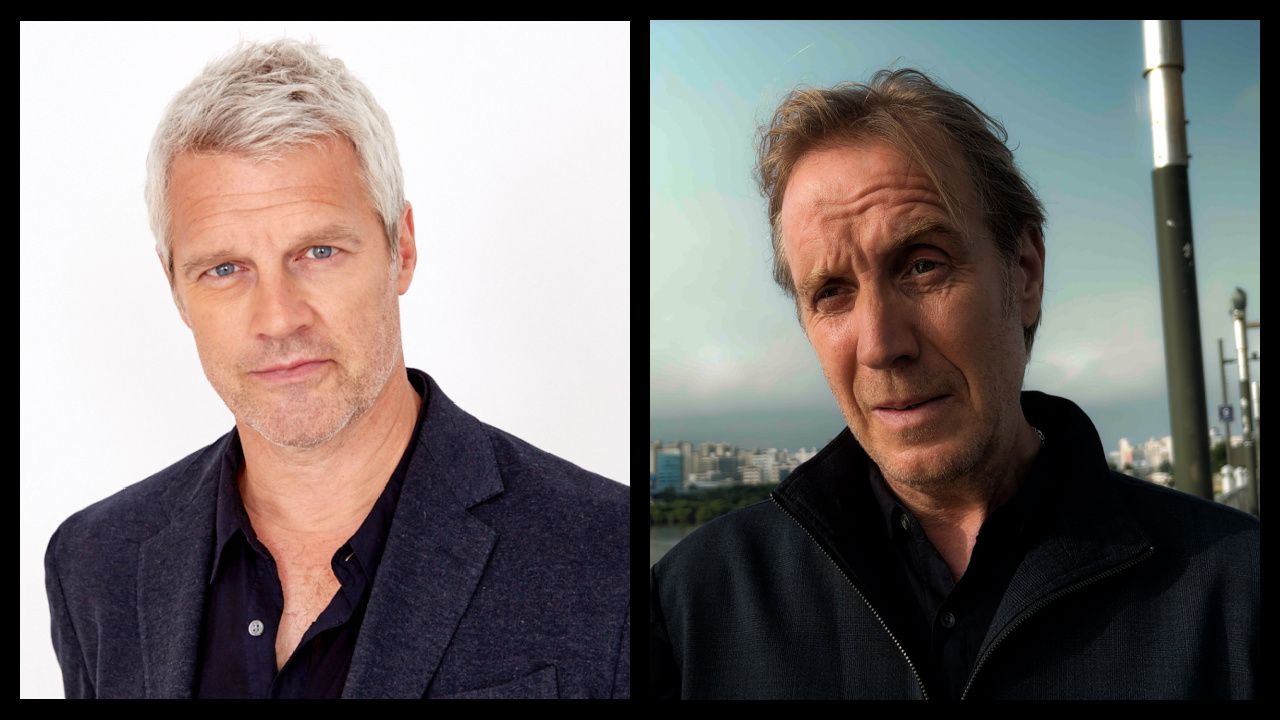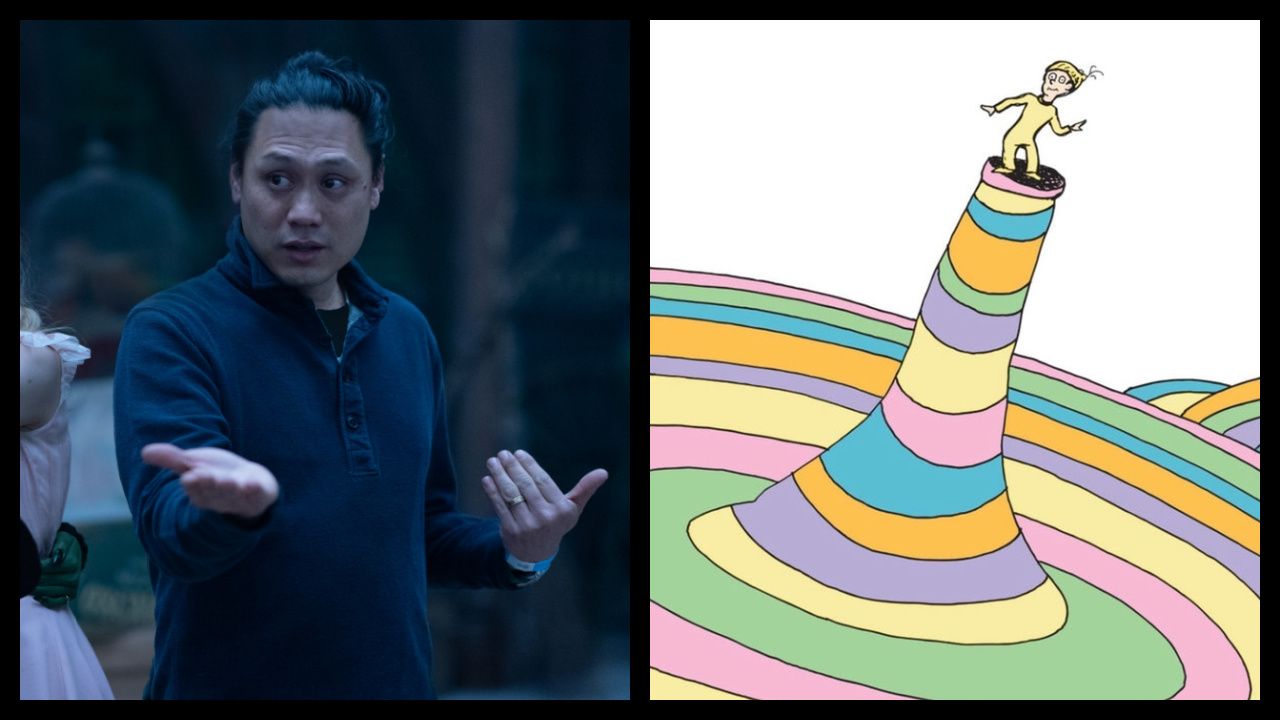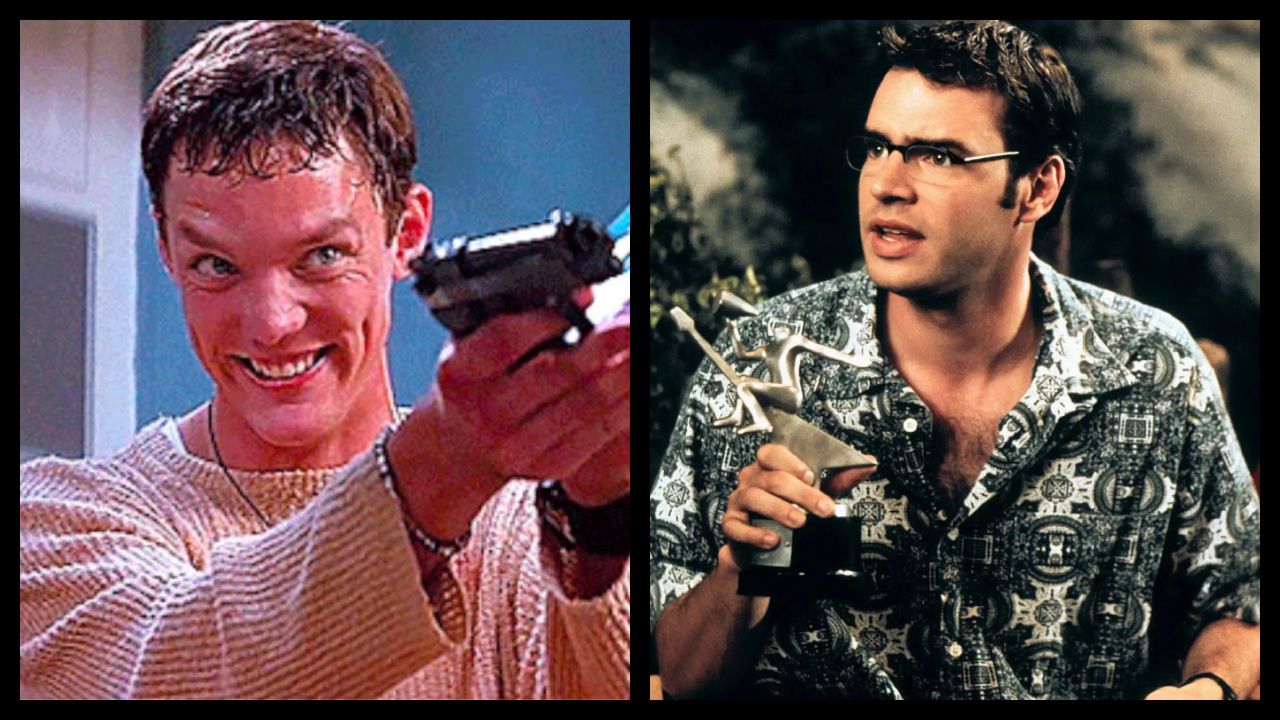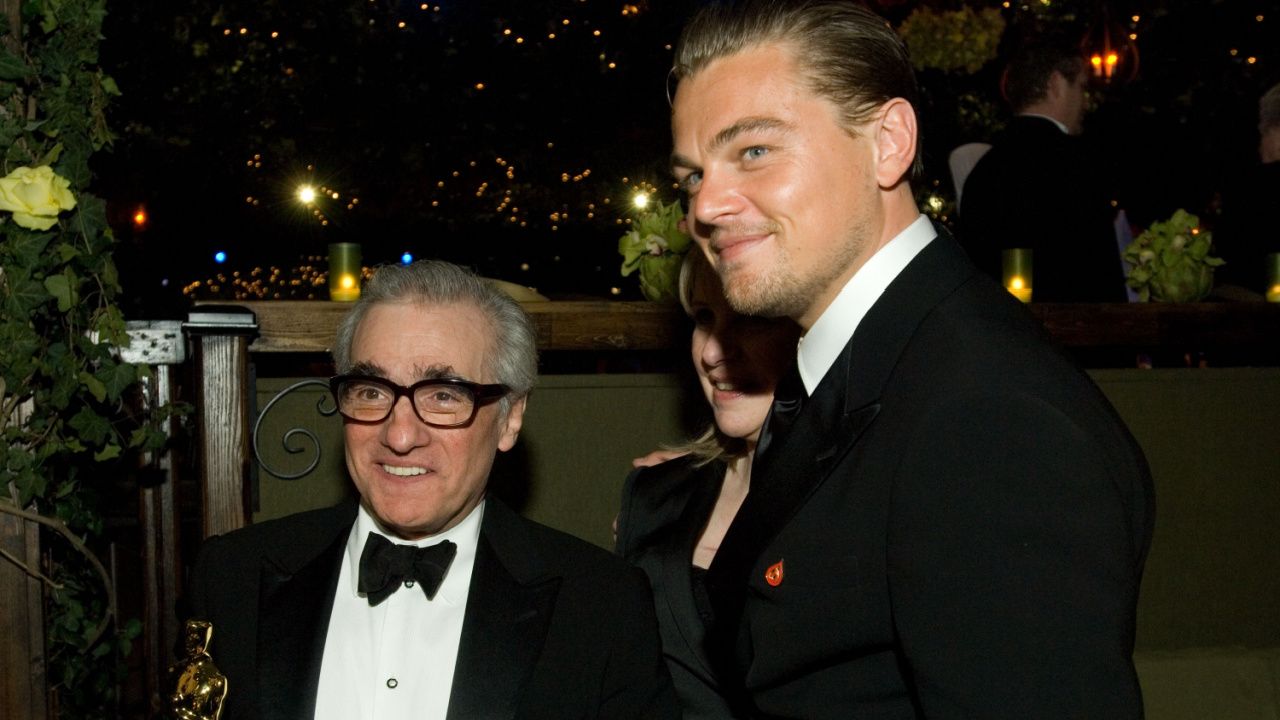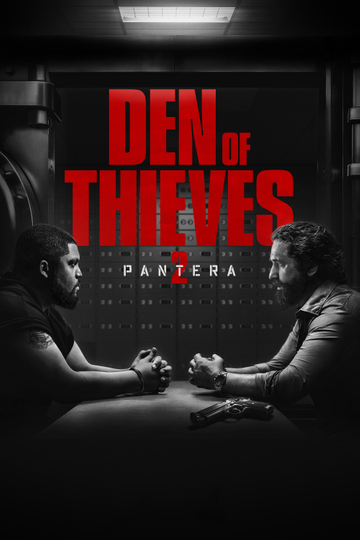'Sicario: Day of the Soldado' Review: One of the Summer's Best, Most Surprising Movies
By just about any metric, 2015's "Sicario" was a strange movie to beget a sequel, especially given that its seeming purpose was to chronicle the exasperating absence of change or progress made in the drug war. But what may be even stranger is just how good its improbable follow-up, "Sicario: Day of the Soldado," actually is.
This film tells a story that somehow pushes past its predecessor's deliberate sense of pointlessness and futility to highlight the perhaps imperceptible, but essential, differences between good and evil -- even if only on an individual level -- in a political landscape increasingly obfuscated by shades of grey. Josh Brolin and Benicio del Toro do more excellent work fleshing out their provocatively mysterious characters from the first film, while director Stefano Sollima, taking over for Denis Villenueve, impressively wrangles some heavy-duty machinery for a series of bloody, brutal action scenes that add unpredictable edge to an engagingly contemplative narrative.
Brolin once again plays CIA operative Matt Graver, who this time is enlisted to engineer a false flag operation to incite a turf war between Mexican cartels after the U.S. government discovers that terrorists are being smuggled across the southern border. Recruiting longtime "asset," attorney-turned-assassin Alejandro Gillick (Del Toro), Graver and his team sneak into Mexico to kidnap Isabela Reyes (Isabela Moner), the daughter of a drug lord. Though the mission is by all accounts a success, their convoy to return the girl is intercepted by Mexican police; during the ensuing firefight, Alejandro and Isabela are separated from the group.
Communicating in secret with Graver, Alejandro vows to protect his young charge and shepherd her to safety, but when the incident becomes national news, it quickly becomes a P.R. nightmare for both Graver's superior, Cynthia Foards (Catherine Keener), and those above her who were promised absolute discretion. Before long, Foards instructs Graver to abandon rescue efforts, disband his team, and get rid of any loose ends, putting Alejandro not just in the crosshairs of the same people who hired him, but at direct odds with one of his oldest comrades.
In the original "Sicario," there was a jazzy energy to Brolin's portrayal of Graver, an operative functioning within a world of absolute moral ambiguity but never once in doubt of his purpose, or his goals. The aggravating way his choices clashed with the ideals of Emily Blunt's Kate Macer created an ethical dilemma that forced her character to reflect on the sacrifices required, and often invisible benchmarks, in fighting a war determined to endlessly perpetuate itself. Returning screenwriter Taylor Sheridan astutely chose not to simply replicate that quandary with another audience proxy as witness, instead challenging characters who have made peace with its unanswerability to actually question where the line exists within themselves between doing bad to accomplish good, and simply being bad.
Graver is more than willing to trade one life for the success of a mission he believes is pursuing a just cause, but what if the life is one that's important to him? "Day of the Soladado" yanks him out of the backroom deals and decisions easily made over expensive dinners and forces him to consider their consequences, and his culpability.
Conversely, Alejandro is a man whose humanity was virtually eradicated by a tragic backstory whose details may almost justify his singular mission -- to find and kill the evil people who indiscriminately target the good and innocent. Del Toro's performance in the film showcases the toll that burden has exerted on his soul -- halfway through the fake kidnapping, his vigilance is undercut by melancholic exhaustion -- and paves the way for a redemptive journey that clarifies if, for him only, where that line exists between being a contract killer for "the good guys" and an amoral monster who's lost all sense of value or respect for human life.
Meanwhile, Sheridan's choice in the script to put a preteen girl in the midst of so much of this amplifies the intensity, but Sollima never flinches away from how awful and disorienting it would be to witness -- or be part of -- events that frequently explode in bloodshed. (Moner is revelatory in her role, shifting from entitlement and self-possession to suitably traumatized, and eventually, dependent in earnest upon Del Toro's Alejandro.)
The director, who tackled a TV adaptation of "Gommorrah," is largely unknown in the U.S., but he inherits the reins of this series with confidence, mounting action scenes involving car chases, shootouts, and helicopter showdowns that feels startlingly real. Given what's going on with the public debate over the border wall, the movie's subject matter is drenched in topicality, but Sollima never loses focus on the thematic underpinnings of his characters or fails to balance between those more philosophical notions and what otherwise amounts to a riveting, action-packed crime story.
Additionally, the film harkens back to the era of "Heat" and the '90s Jack Ryan adaptations -- glossy, adult-oriented, not-quite-megabudget crime and political thrillers that echo relevant cultural topics but only to enhance their own original ideas. It certainly doesn't hurt that so much of the action feels real and avoids a lot of stylistic trickery -- or at least makes the trickery subtle enough to ignore.
But ultimately, for a movie that no one was sure needed to exist, "Sicario: Day of the Soldado" not only justifies its existence but adds a worthy chapter to a story that already seemed complete, and further, makes the prospect of more in the future something audiences should eagerly welcome.
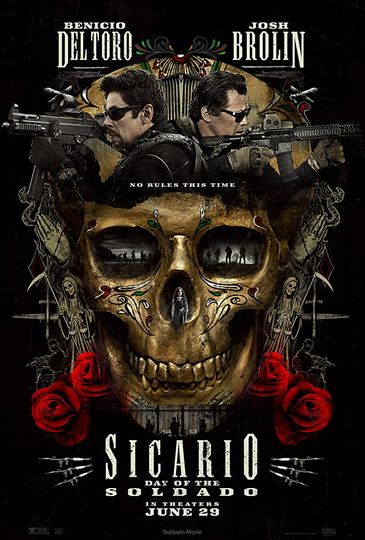
Sicario: Day of the Soldado











